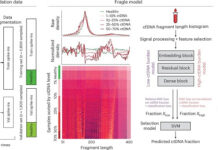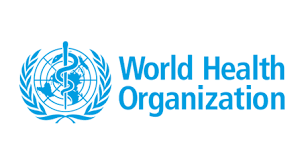The World Health Organization (WHO) has released the 2025 edition of the International Classification of Diseases 11th Revision (ICD-11). This tool plays a critical role in standardizing the language used by health professionals worldwide for diagnosing, reporting, and monitoring diseases, injuries, and causes of death.
Key Updates and Features of ICD-11 2025
The 2025 edition introduces several improvements aimed at enhancing usability and accuracy across health systems globally.
- Enhanced Interoperability and Accuracy The new ICD-11 update includes advanced features such as natural language processing (NLP) and API-based coding. These innovations help health systems achieve better interoperability, ensuring seamless integration and faster, more accurate coding.
- Improved Error Detection With enhanced spelling correction and language variation recognition, the 2025 edition reduces data entry errors. This improvement ensures more reliable health data, facilitating better decision-making across clinical, policy, and research settings.
- Expanded Multilingual Support ICD-11 now supports 14 languages, with continuous expansion underway to improve accessibility globally. This multilingual enhancement helps health systems worldwide adopt the new standards with ease.
- Integration with External Standards The update allows for seamless interoperability with other key health standards, such as Orphanet and MedDRA. This ensures that ICD-11 can work effectively with various terminologies and classifications, fostering smoother health information exchanges.
- Inclusion of Traditional Medicine A major new addition is the inclusion of traditional medicine conditions from Ayurveda, Siddha, and Unani. This feature enables systematic tracking of traditional medicine services, promoting global research, policy-making, and evidence-based healthcare solutions.
The Role of ICD in Shaping Global Health
ICD-11 is at the heart of the WHO’s efforts to track global health trends and statistics. It serves as the foundation for the WHO’s Fourteenth General Programme of Work, which seeks to accelerate progress toward health-related Sustainable Development Goals (SDGs). The classification also plays a critical role in addressing health inequalities and supporting national health targets.
Furthermore, ICD-11 influences healthcare policy, insurance reimbursement, and public perceptions of health conditions. For instance, the reclassification of autoimmune disorders in ICD-11 reflects the latest scientific knowledge and supports better diagnosis and treatment of these conditions.
Embracing a Digital Future
As reported by medicaldialogues, the 2025 edition of ICD-11 is designed for flexibility, enabling smooth integration into both digital and non-digital settings. Its emphasis on digital innovation enhances health systems worldwide, making health data exchange more efficient. The introduction of FHIR API integration and advanced NLP significantly speeds up the coding process, reducing disruption in patient care.
These advancements also ease the burden on health workers, who can now focus more on patient care rather than manual coding tasks. Training health professionals on ICD-11 will require fewer resources and take less time, further improving the efficiency of health systems.
Conclusion: Progress for Global Health
Each update to ICD-11 reflects ongoing progress in the fields of science and medicine, providing the global health community with a robust tool for improving patient care and health outcomes. The 2025 edition represents a major leap forward, ensuring that ICD-11 continues to serve as a cornerstone for global health standards, enhancing communication and collaboration across countries and health systems.
























